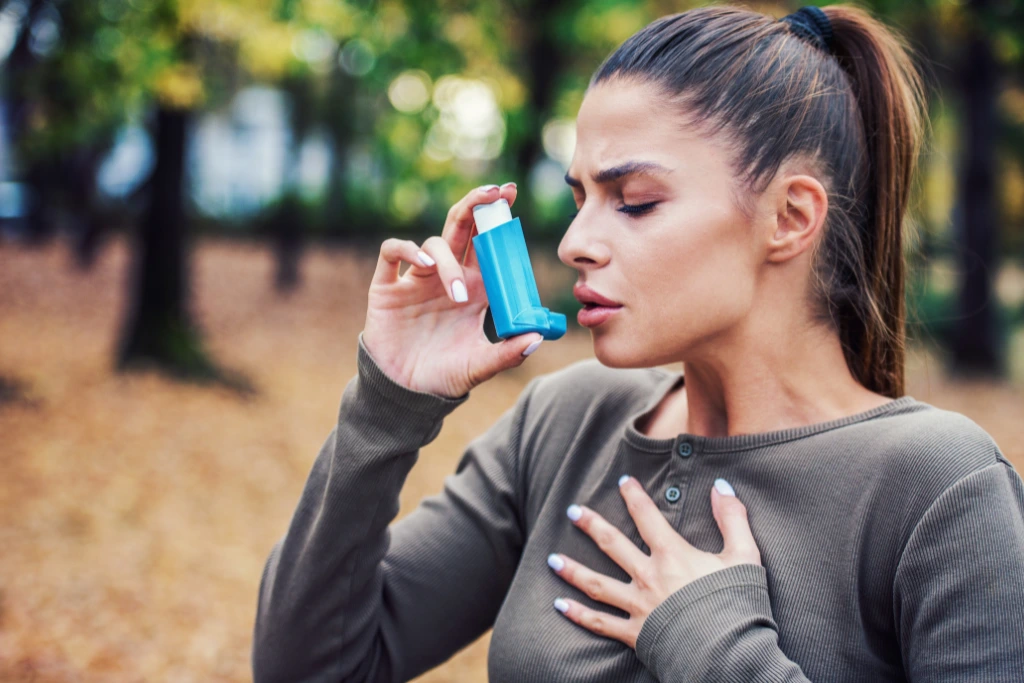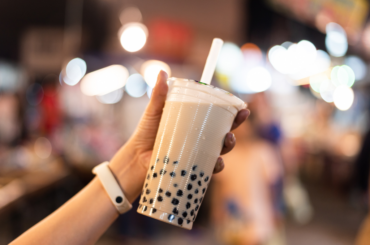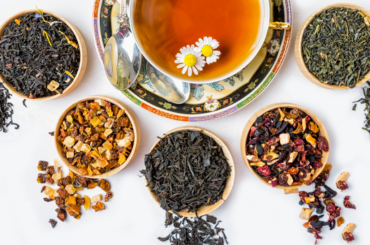If you have asthma, you know how much it can affect your life. You may experience frequent wheezing and coughing episodes, or you’re constantly looking for triggers, like dust or mold, that could bring on an attack.
The fear of having an asthma attack can seriously disrupt your quality of life, especially if you’re alone or in a public place, like a restaurant or movie theater. Fortunately, there are plenty of ways to manage this condition through natural remedies, such as tea!
Why Does Tea Help Relieve Asthma
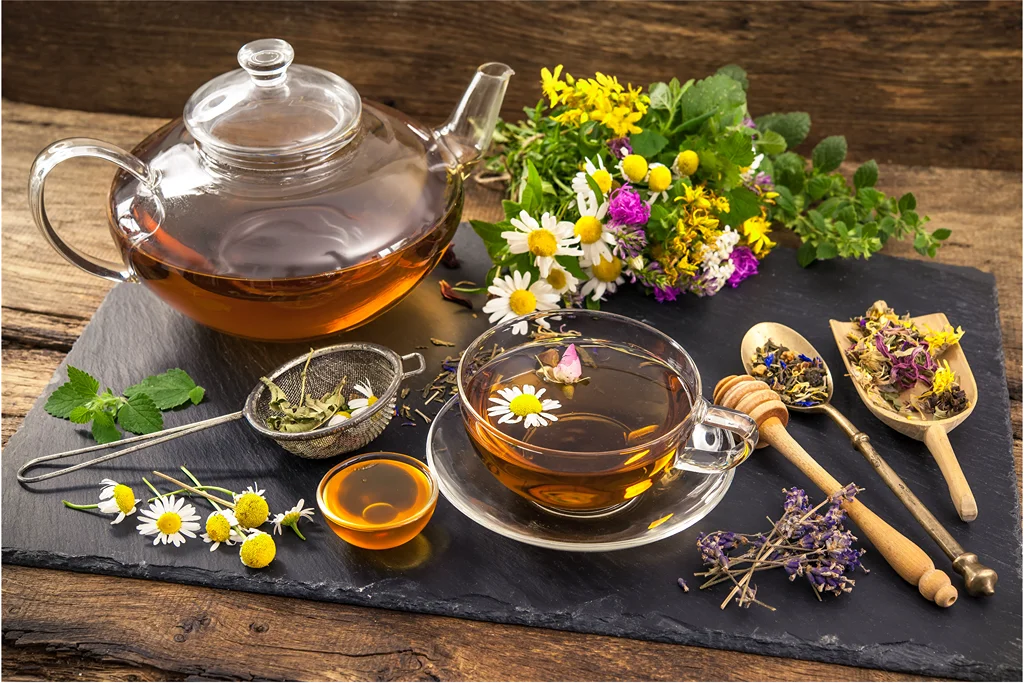
There are a few reasons why tea may help relieve asthma attacks.
Tea contains anti-inflammatory compounds, which can reduce inflammation in the airways, therefore reducing symptoms of asthma. The antioxidants in green tea, especially EGCG (epigallocatechin gallate), have been studied as an effective treatment for the chronic obstructive pulmonary disease (COPD).
The antioxidants inhibit the production of inflammatory mediators in lung cells. Research suggests that drinking green tea could also be beneficial for people with asthma who have COPD. According to the study, tea helps relax muscles in their airways, opening them so those with lung problems can breathe easier.
Antihistamines are often prescribed to treat allergy symptoms, such as runny nose and watery eyes, from seasonal allergies. However, these medications may not work well on their own if you’re allergic specifically to pollen or mold spores, the cause behind many seasonal allergies. It’s because they don’t address these specific triggers directly.
Using an over-the-counter decongestant pill and your daily dose of orange juice will help thin mucus, making it easier for your mucus membranes (e.g. nose) so that fewer allergens accumulate within them over time without ruining your overall immune system entirely.
What Teas are Good for Asthma?

There are a few teas that are particularly good for asthma symptoms. Many different kinds of tea can help with asthma, and each one has its unique benefits. The following teas help open the airways and reduce inflammation, ideal for asthma relief.
Chamomile Tea for Asthma
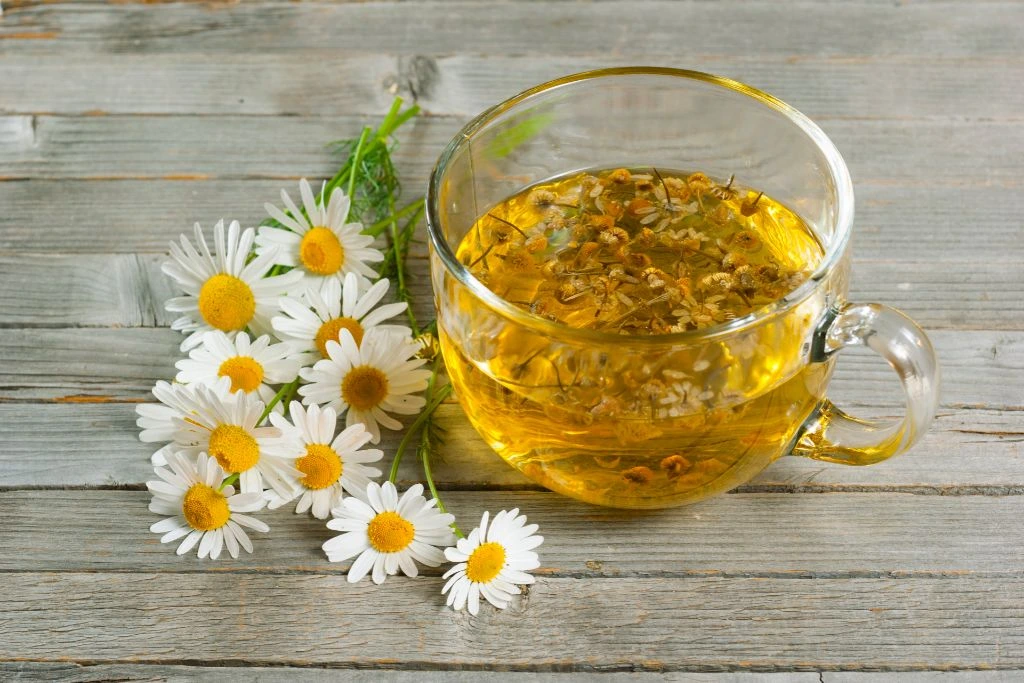
This herb is rich in anti-inflammatory properties and is also thought to have antibacterial properties. It’s been used to treat various sinus and respiratory issues since ancient times, so it’s no surprise that it can help with asthma, too. The main active ingredient in chamomile is apigenin, which has shown some promise as an antioxidant that may help reduce inflammation and prevent further damage to lung tissue caused by asthma attacks.
Chamomile herbal tea is a good choice when a respiratory infection has triggered your asthma. It’s also especially helpful if you experience both cold and flu symptoms at once.
Another active ingredient in chamomile is known as matricide. It contains anti-inflammatory properties that calm down the cough reflexes associated with bronchial spasms (the main cause of chest tightness). You may notice some relief from this tea within 15 minutes of drinking it!
Honeysuckle Tea for Asthma
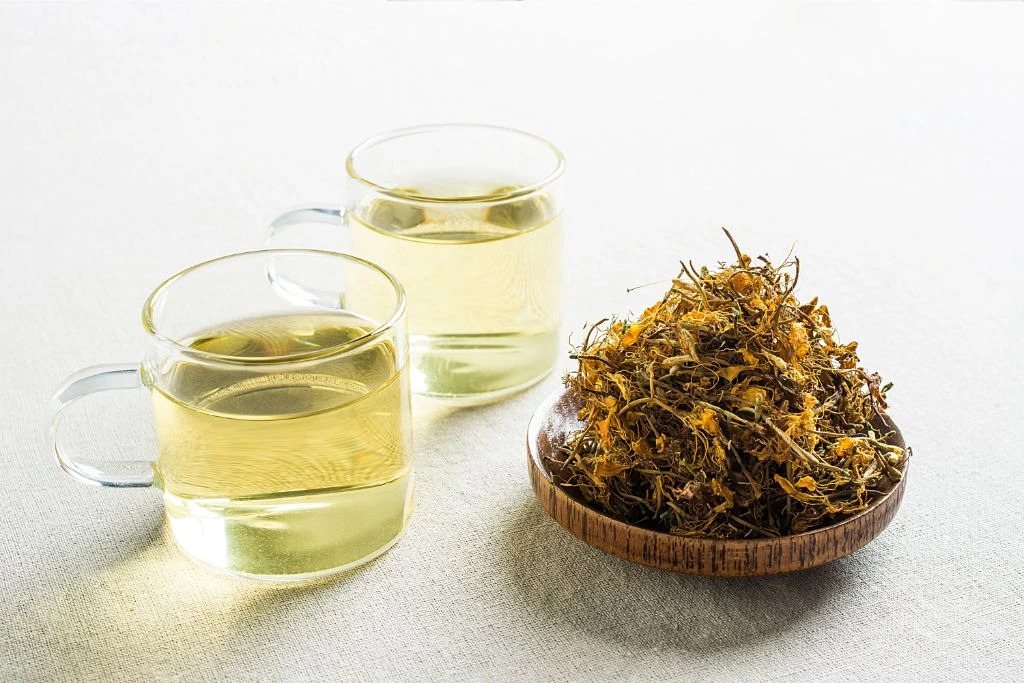
Honeysuckle tea (also known as brooklime) can help with both cold and flu symptoms, as well as other types of inflammation that can cause asthma attacks. Honeysuckle blossoms contain high levels of antihistamines which can reduce the swelling associated with an allergic reaction.
Honeysuckle is an herb that is known for its anti-inflammatory properties, which means that it helps reduce the swelling in your airways, leading to chronic coughs or congestion. This tea also has antispasmodic properties that can help reduce breathing trouble, including bronchitis and pneumonia.
Ginger Tea for Asthma
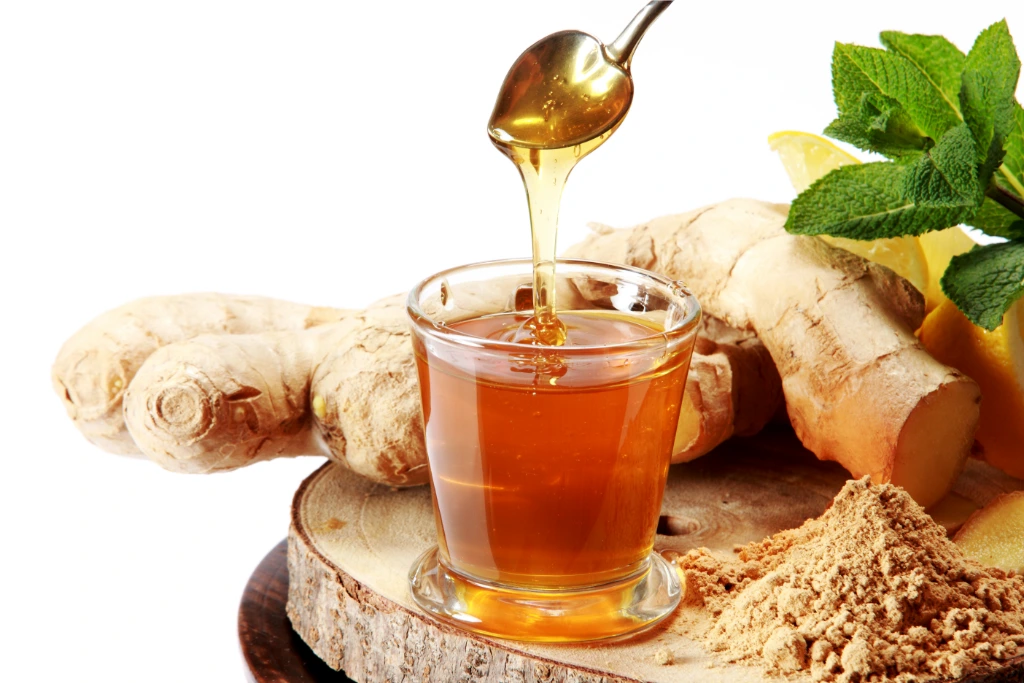
Ginger tea is a good choice if a respiratory infection has triggered your asthma. It can help with cold and flu symptoms and other types of inflammation that can cause asthma attacks.
Ginger contains compounds called gingerols and shogaols, which have anti-inflammatory properties. These compounds also give ginger its spicy flavor!
Green Tea for Asthma
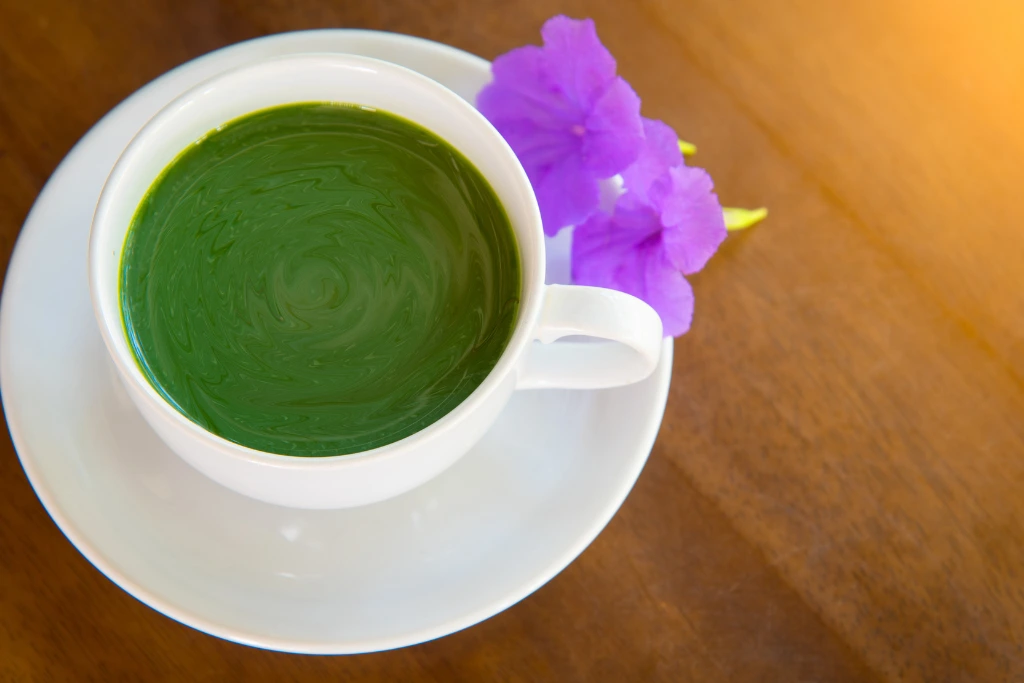
Green tea is an excellent source of antioxidants, which are molecules that can help reduce the damage caused by free radicals in your body. Since free radicals are responsible for many diseases and conditions, including asthma and allergies, green tea’s anti-inflammatory properties can help relieve symptoms, like shortness of breath and wheezing.
Green tea contains compounds called catechins, which have been shown to help lower blood pressure, making it helpful for those who have high blood pressure or heart disease. They also ease anxiety by reducing stress levels and help promote healthy sleep patterns by increasing melatonin levels in the body.
Green tea contains caffeine but only in trace amounts. While it won’t give you an energy boost, it has a calming effect. This relaxation helps alleviate any congestion or stuffiness associated with asthma attacks.
Black Tea for Asthma
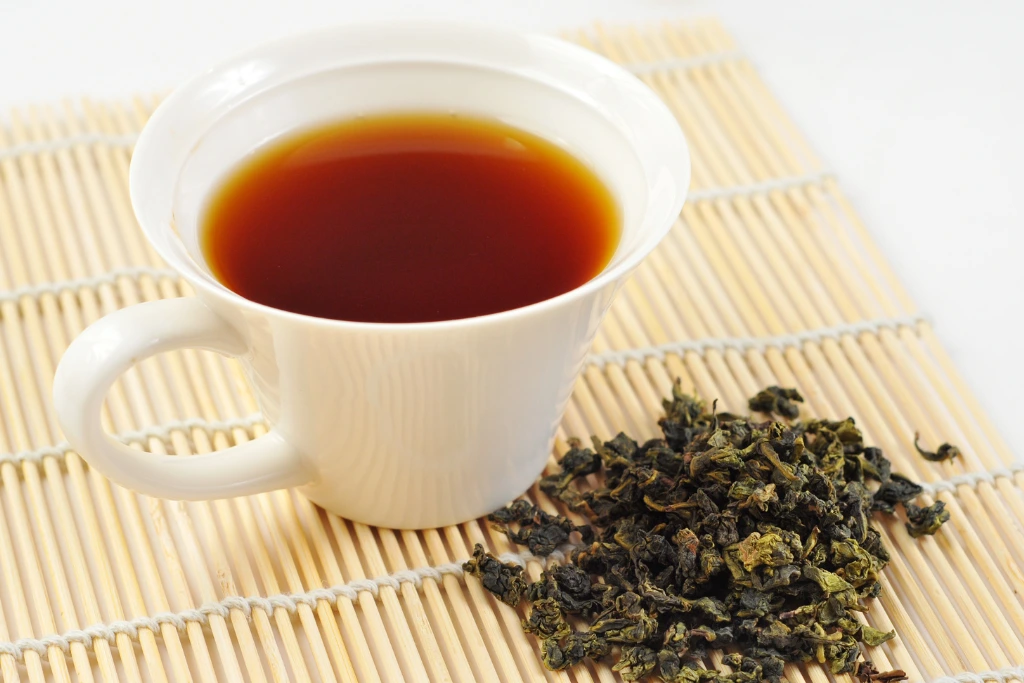
Black tea is a good option for people with asthma. It contains catechins, which have anti-inflammatory properties, and antioxidants that can help reduce the risk of asthma attacks. Black tea also has manganese and magnesium, both important for healthy lung function.
Eucalyptus Tea for Asthma
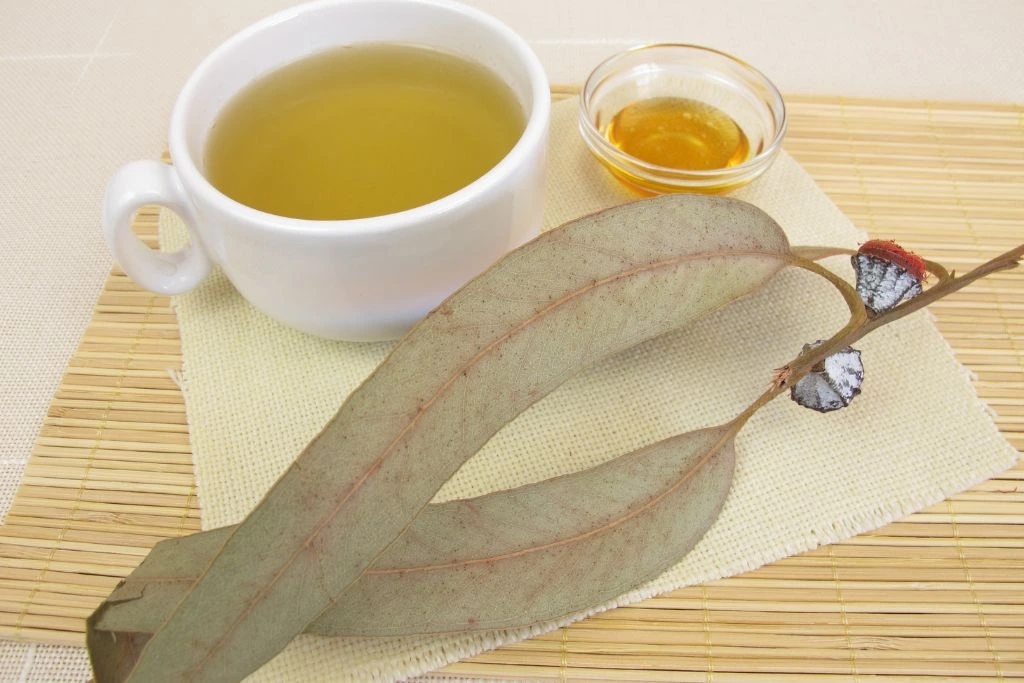
Eucalyptus tea is a good choice for people with asthma. It can help you breathe more efficiently and is also a natural expectorant, meaning the eucalyptus can help you get rid of mucus more efficiently so your lungs don’t have to work as hard to clear it from your system.
Eucalyptus is well known for its ability to calm the mind and body, which makes it an excellent choice if you’re feeling anxious or stressed out about your breathing problems. The plant also boosts immune function, boosting your body’s defenses against viruses and bacteria.
Fennel Tea for Asthma
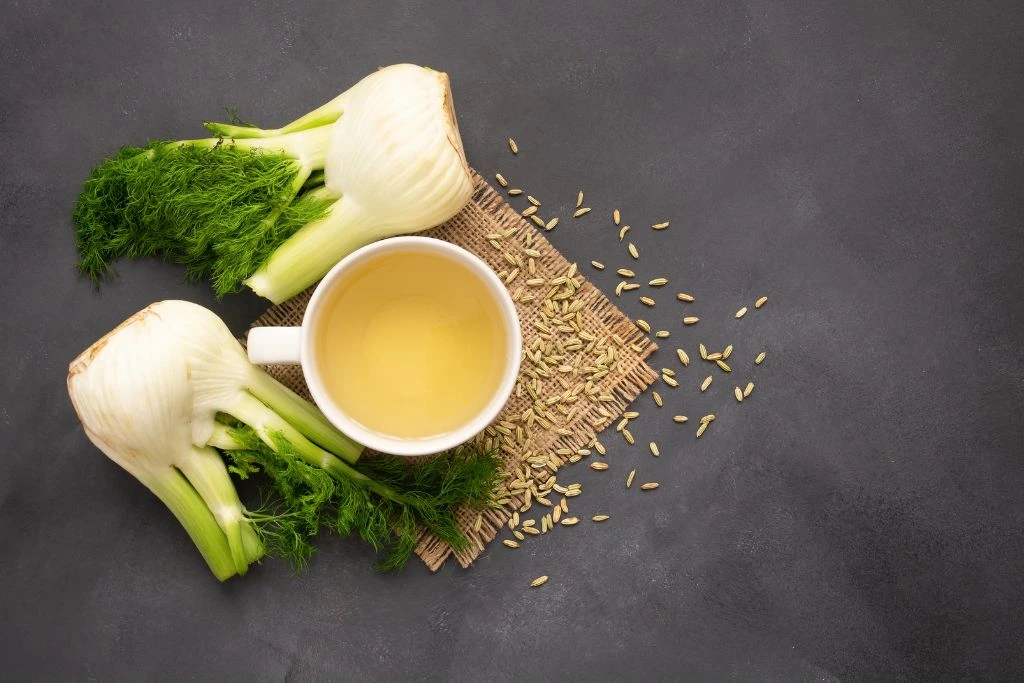
Fennel tea is a good choice for people who have asthma because it contains many of the same anti-inflammatory compounds found in chamomile. It’s also known to reduce airway inflammation, which can help ease symptoms of chronic bronchitis and asthma.
Fennel contains phytonutrients that may help reduce inflammation, so drinking fennel tea may be especially beneficial for those who are experiencing this condition.
Licorice Tea for Asthma
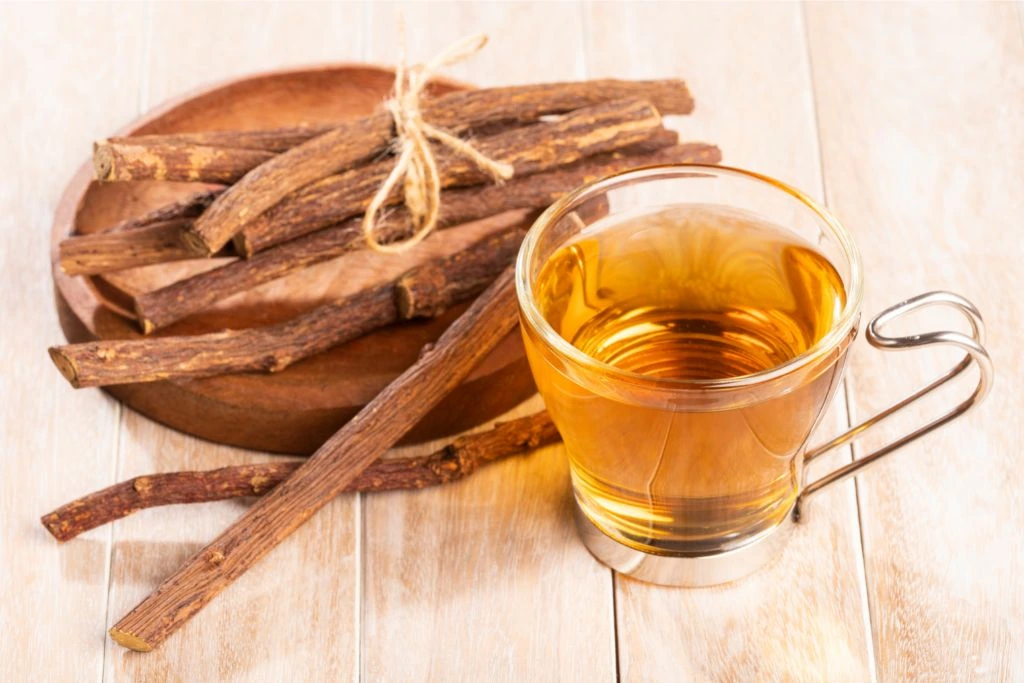
Licorice root is a commonly used remedy for coughs and sore throats, but it’s also believed to have anti-inflammatory properties. If a respiratory infection has triggered your asthma, licorice tea may be able to help you breathe more easily.
Mullein Tea for Asthma
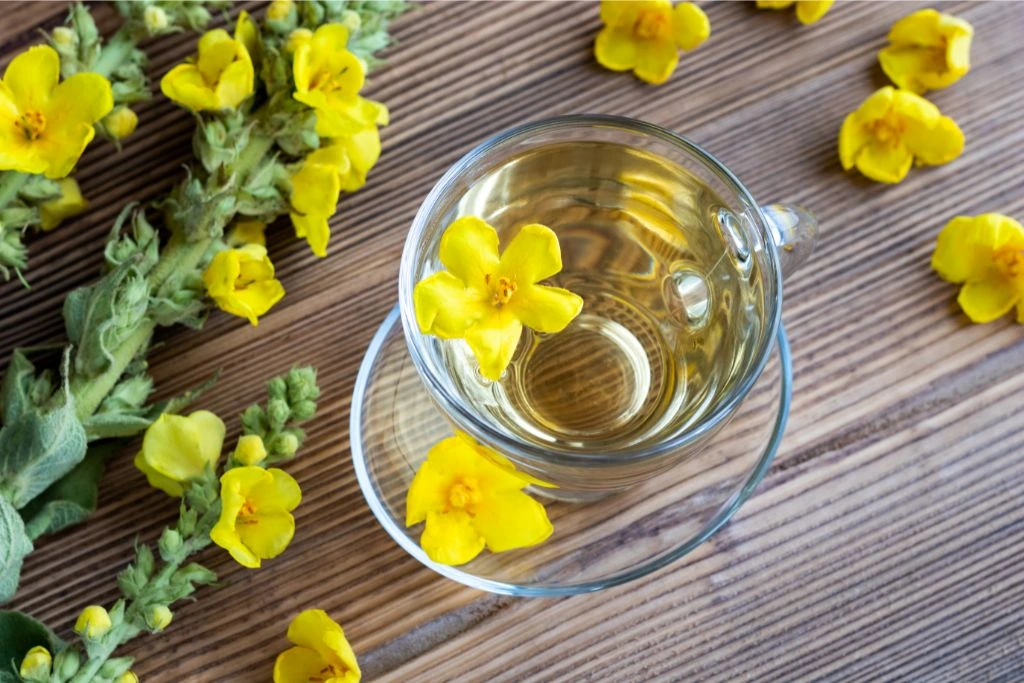
Mullein tea is a good herb to drink if allergies cause your asthma. It’s also good for lung infections, coughs, and colds.
Mullein tea can be used as an alternative medicine for people who have trouble breathing because of asthma or other respiratory problems. Mullein has been shown to help treat these conditions because it contains chemicals called flavonoids that have anti-inflammatory properties.
Conclusion
If you’re looking for a way to ease your asthma symptoms, tea is definitely an option. The best types will contain ingredients like chamomile or eucalyptus that are known to have anti-inflammatory properties and can help soothe your breathing troubles.
FAQs
Is ginger good for asthma?
Yes, ginger is good for asthma. Several animal studies have shown that ginger has a direct impact on the smooth muscle cells in the airway. It blocks one of the significant inflammatory pathways that cause asthma attacks. This effect results in the relaxation of the smooth muscle, thereby reducing airway inflammation.
What foods trigger asthma?
Each person has a different response to triggers. Most asthmatics have attacks when they consume food rich in sulfites. Sulfites are present in wine, pickles, fresh and frozen shrimp, and dried fruits, among others.
What naturally heals asthma?
Unfortunately, there are no known natural remedies to heal asthma. There are, however, several ways to manage the symptoms and avoid triggers. This may include staying away from usual suspects (triggers) in asthma attacks. It’s also best to create an asthma action plan with your doctor.

